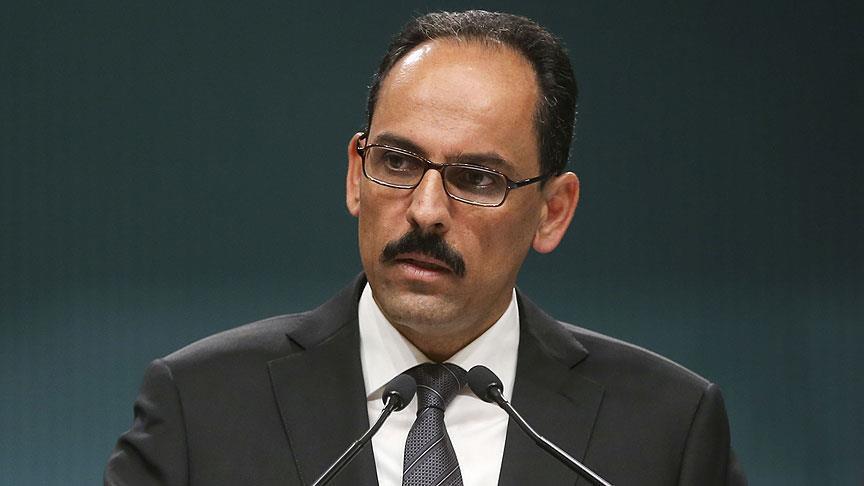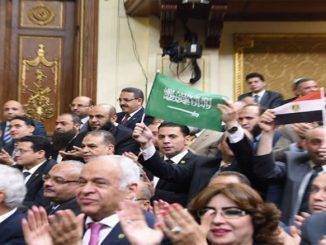
Former Tunisian President Moncef Marzouki has criticised what he considered to be a “fight for power” in the country between the president and the parliament, warning that this would negatively affect the country’s stability.
In a post on Facebook, Marzouki commented on Parliament Speaker Rached Ghannouchi’s remarks that the country’s president’s role is “symbolic”, saying: “So, the Parliament Speaker considers that we are in a parliamentary system and the president of the republic elected by the people is just a symbol!”
“So the President of the Republic also sees that the political system is dysfunctional and that he has the right to intervene with the formation and functioning of the government, in addition to saying that the parliament is the problem and it is not representing the people who assume the responsibility for their choices.”
Marzouki added: “The most terrible aspect about the situation is not faking ignorance of the provisions of the constitution, but rather the disregard for its content as the only document that is discussed, disputed, and accepted by the representatives of the people for the first time in our history, and that it was accepted as a compromise between the different parties, as is always the case in a pluralist society, in order to avoid tyranny.”
Tunisia is witnessing a political and constitutional crisis, as President Kais Saied refuses to allow newly-appointed government members to swear their oath of office, justifying his decision using the suspicions of corruption which have surrounded some ministers.
Many believe that the new ministers are unable to start work before taking the oath of office before the president, while others believe they can assume their duties as they have the trust of parliament.
President cannot refuse MP appointments, says Ghannouchi
Tunisia’s president does not have a right to approve or refuse the appointment of government ministers as his role is “symbolic”, Parliament Speaker Rached Ghannouchi said on Saturday.
President Kais Saied has said that he will not allow new ministers to take their oath of office after a vote of confidence was granted to them in Parliament on 26 January due to reservations about some of the approved government members who were nominated by Prime Minister Hichem Mechichi.
The current political impasse threatens to cause an unprecedented constitutional crisis in the country.
“The president refuses to allow the new team of ministers to swear their oath of office, and therefore he rejects the ministerial reshuffle,” said Ghannouchi in a virtual interview on Zoom.
“The president believes that he has the right to accept the appointment of some ministers and reject others. This is the problem of mixing up between the presidential and parliamentary systems.”
In its 2014 constitution, Tunisia adopted a revised parliamentary system that grants the prime minister, who is nominated by the ruling party, broad executive powers.
The President of the Republic is directly elected by the people, but his powers are mainly limited to matters of defense, national security, and foreign policy.
Ghannouchi, leader of the Ennahda Movement, which won the 2019 elections, stated: “We have a parliamentary system and the president’s role is symbolic, and not constructive. The issue of governance and the cabinet belong to the ruling party and are primarily the responsibility of the prime minister.”
PM Mechichi, who has been leading a technocratic government since September, was appointed by the president according to the constitution due to the parties’ failure to agree on a candidate to head the government within constitutional deadlines.



